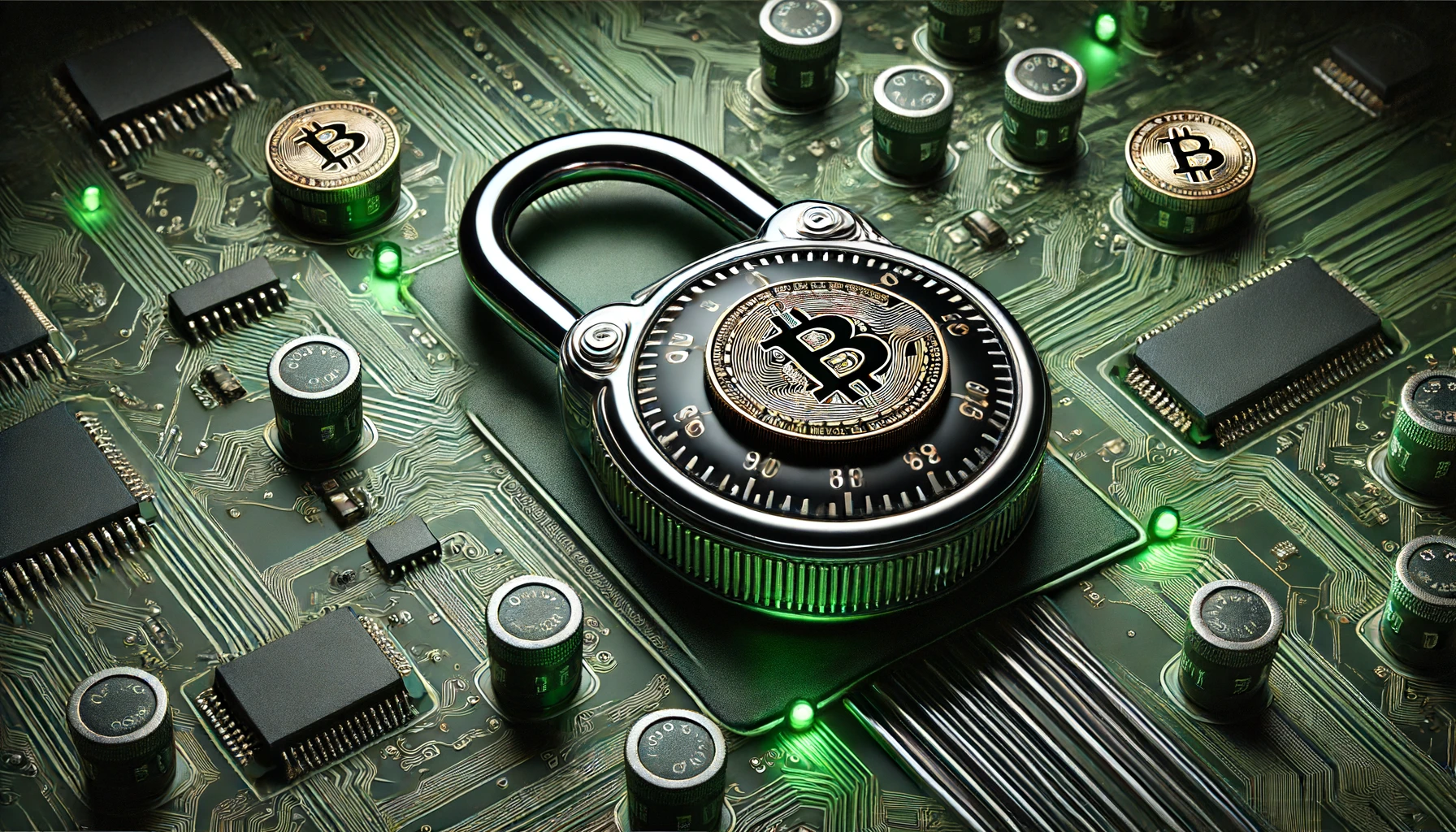This guide provides essential tips and best practices for securing your cryptocurrency wallet, helping you protect your digital assets from theft and loss.
Points
- Importance of securing your cryptocurrency wallet.
- Best practices for wallet security.
- Common threats and how to mitigate them.
As the use of cryptocurrencies continues to grow, securing your digital assets becomes increasingly important. This guide outlines essential tips and best practices for protecting your cryptocurrency wallet from theft and loss.
Importance of Securing Your Cryptocurrency Wallet
Cryptocurrency wallets store the private keys that give you access to your digital assets. Without proper security measures, your wallet and the funds it contains can be vulnerable to hacking, phishing, and other malicious activities. Ensuring the security of your wallet is crucial to safeguard your investments and prevent unauthorized access.
Best Practices for Wallet Security
-
Use Hardware Wallets: Hardware wallets are physical devices that store your private keys offline, providing a high level of security against online threats. Examples include Ledger and Trezor. These devices are immune to malware and hacking attempts that target online wallets.
-
Enable Two-Factor Authentication (2FA): Implementing 2FA adds an extra layer of security to your wallet by requiring a second form of verification, such as a code sent to your mobile device, in addition to your password. This helps prevent unauthorized access even if your password is compromised.
-
Create Strong, Unique Passwords: Use complex passwords that include a mix of letters, numbers, and special characters. Avoid using the same password for multiple accounts and consider using a password manager to securely store and generate strong passwords.
-
Regularly Update Wallet Software: Ensure that your wallet software is up to date with the latest security patches and features. Developers frequently release updates to fix vulnerabilities and enhance security, so staying current is essential.
-
Backup Your Wallet: Regularly back up your wallet and store the backup in multiple secure locations, such as encrypted USB drives or offline storage. This ensures that you can recover your funds in case of hardware failure or loss of access to your primary wallet.
-
Be Wary of Phishing Attacks: Phishing attacks involve fraudulent attempts to obtain your private keys or login credentials by disguising as a trustworthy entity. Always verify the authenticity of emails, links, and websites before entering your sensitive information.
-
Avoid Public Wi-Fi: Using public Wi-Fi networks can expose your wallet to hacking attempts. If you must access your wallet on a public network, use a virtual private network (VPN) to encrypt your internet connection and protect your data.
-
Use Multi-Signature Wallets: Multi-signature wallets require multiple private keys to authorize a transaction, adding an extra layer of security. This is particularly useful for joint accounts or organizational funds, as it reduces the risk of a single point of failure.
Common Threats and How to Mitigate Them
- Hacking: Cybercriminals may attempt to hack your wallet by exploiting vulnerabilities in software or using malware. Using hardware wallets, enabling 2FA, and keeping your software updated are effective ways to mitigate this threat.
- Phishing: Phishing attacks trick users into revealing their private keys or login details. Always verify the source of communication and avoid clicking on suspicious links or attachments.
- Loss of Private Keys: Losing your private keys means losing access to your funds. Regular backups and secure storage of your keys are critical to prevent this.
- Social Engineering: Attackers may use social engineering tactics to deceive you into giving them access to your wallet. Stay vigilant and never share your private keys or sensitive information with anyone.
Conclusion
Securing your cryptocurrency wallet is vital to protect your digital assets from theft and loss. By following best practices such as using hardware wallets, enabling 2FA, creating strong passwords, and staying vigilant against common threats, you can significantly enhance the security of your wallet. Regularly updating your software and backing up your wallet further ensures that you can recover your funds if necessary. Taking these precautions will help you safeguard your investments and enjoy the benefits of cryptocurrency with peace of mind.
解説
- Importance of Security: Protecting your cryptocurrency wallet from theft and loss is crucial to safeguard your digital assets.
- Best Practices: Use hardware wallets, enable 2FA, create strong passwords, regularly update software, backup your wallet, beware of phishing, avoid public Wi-Fi, and use multi-signature wallets.
- Common Threats: Hacking, phishing, loss of private keys, and social engineering are common threats to wallet security.
- Conclusion: Following best practices and staying vigilant can significantly enhance the security of your cryptocurrency wallet, protecting your investments and ensuring peace of mind.
